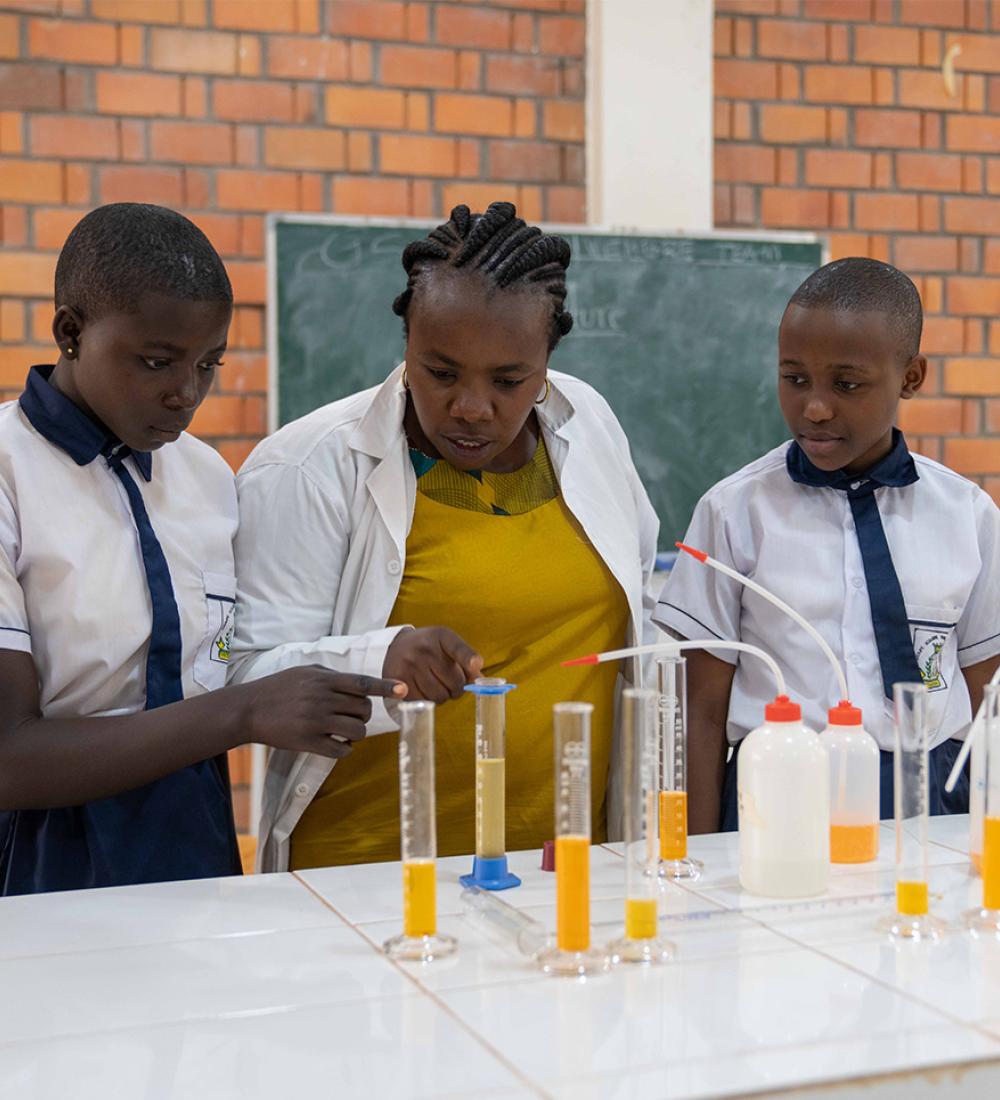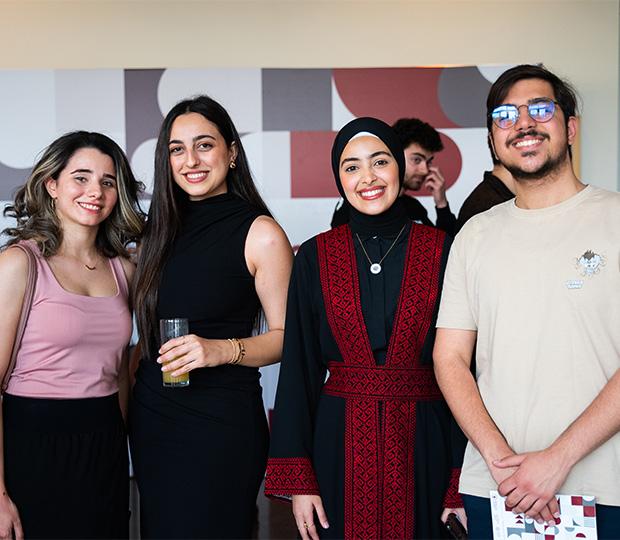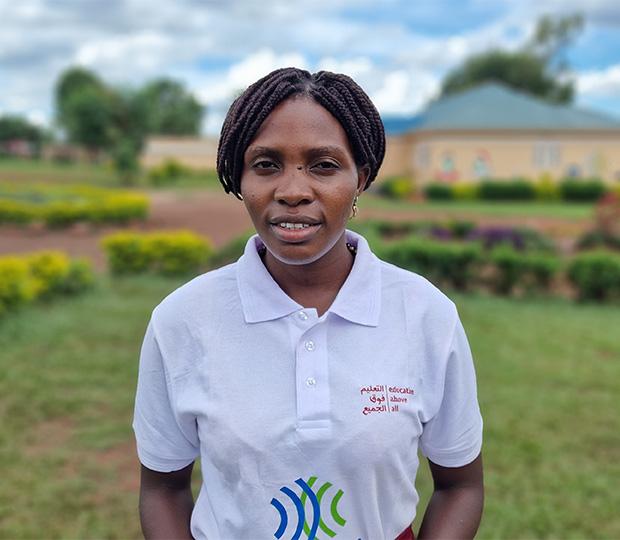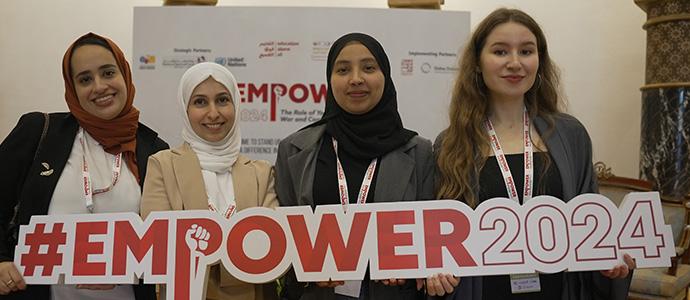We look to the sky for the stars, and we just see warplanes
An article by Jas Irban, a London student who talks about the final Virtual Majlis (VM) on 27th March. It has been shared more than 1,000 times on Facebook.
We were shocked to hear the latest news from Gaza this week but, as the students there remind us, for them, these traumatic stories are a normal part of everyday life.
They have to live under siege with electricity shortages, the presence of drones and constant economic difficulties. The list goes on and it’s truly remarkable that these students are able to study at all, given the intensity of the hardships they face.
All the while their stories remain under-reported in western mainstream media.
We learnt this week that two children were killed and four members of their family were injured in a candle fire, with the mother and father suffering severe burns.
With no electricity for sometimes 18 hours in a day, families in Gaza have to use candle light. This meant fatal consequences for the children who lost their lives, Malak Sheikh Al-Eid, aged two, and Ghena Sheikh al-Eid, aged 18 months.
The students told us how difficult it is to study for exams with limited electricity. Revision is interrupted and it affects performance at school.
They told us matter-of-factly how they have to adapt. It’s not easy but they have no choice. With no electricity, it’s not just the absence of computers that affects study. It’s hard to read text books by candle light and even if they try to use a laptop with a charged battery, candle light is needed to see the keyboard.
We asked them what they did when it’s so dark. They told us the blockade limits activities and what they can do with their lives, and that there simply isn’t anything TO do.
Everything is made difficult and it’s not even easy to sleep when it’s dark because the noise of the Israeli drones flying overhead keeps them awake.
One student told us how she will “look to the sky to see the light from the stars and the moon but there is just war airplanes. That is a very bad feeling.’’
When there is electricity, and people are able to sit down in front of the TV, the warplanes flying overhead interrupt the picture, making it impossible to enjoy a movie.
Even with the simple task of watching a film, Palestinians in Gaza are constantly reminded of their incarceration and the presence of the Israeli military.
They told us how they live in a persistent state of uncertainty, never knowing if the planes will attack.
One student said: “You don’t know when Israel will attack and you don’t know where. There is never any time to prepare. They will not allow time for mothers with children to take shelter before being bombed.’’
The people of Gaza are blocked in, surrounded by all sides. We were told how they are always expecting danger: “We can be attacked at any moment from the sky, ground or sea.’’
Of course, living in pervasive fear for your own life and the lives of those around you has deep psychological effects. They told us that: “As well as the physical effects, we cannot forget the psychological effect for children.’’
Our talk with the students today reminded us of the urgent need to show solidarity with Palestinians and share the stories of Gaza. It also inspired us as, we learnt that the people of Gaza manage to “make the most from nothing.”













